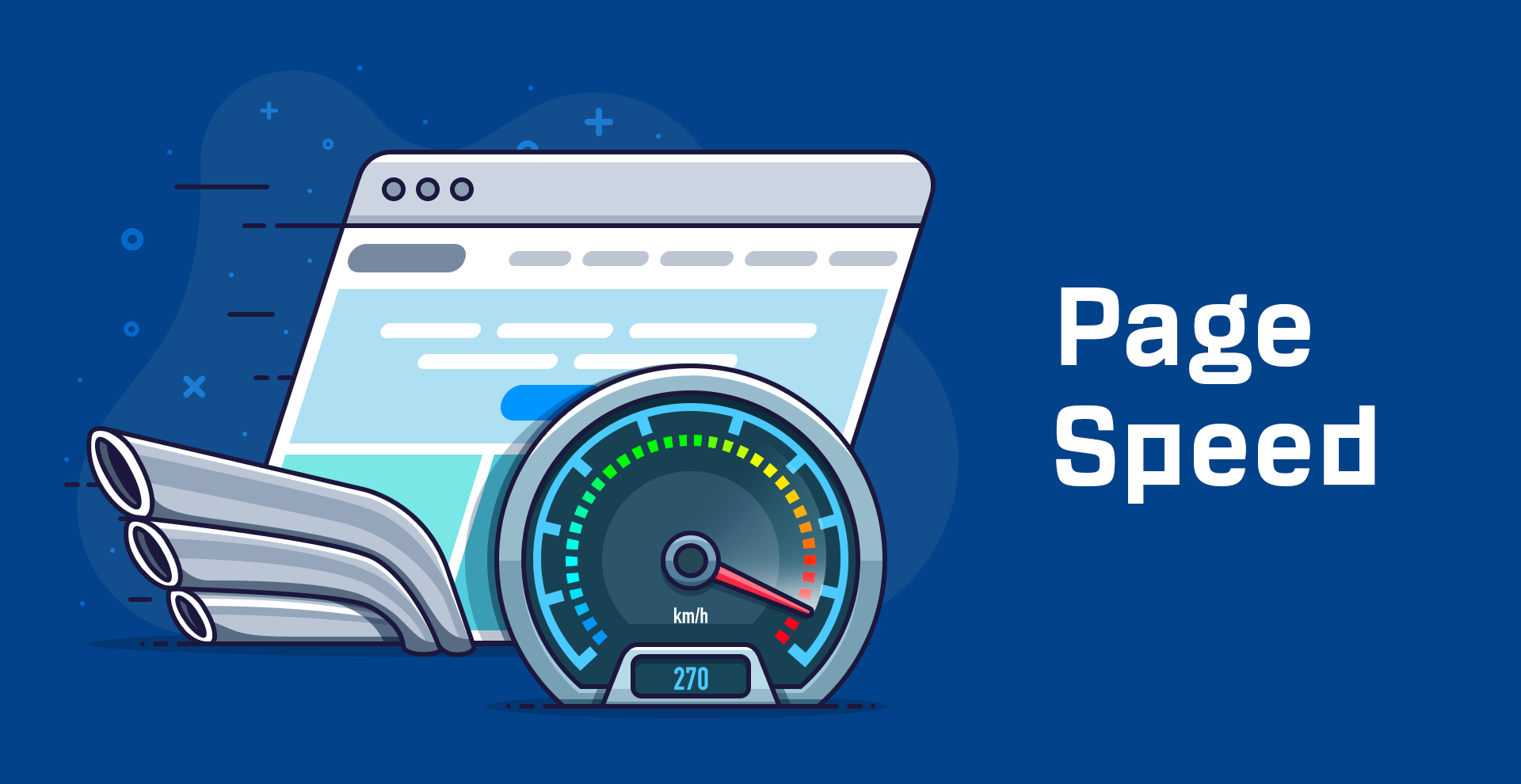Do you know the one most crucial factor in the success of an online store? You can enhance foot traffic by luring in new clients by employing some smart marketing techniques. But how do you boost an online store’s rankings and sales? In order to attract customers who prefer to shop online, an eCommerce store expands its virtual presence.
Because it’s possible to shop at the store online, SEO for the online store is essential. If you do this, search engines will view your site positively and send you some relevant visitors. All of a company’s attention should be focused on the transition.
Because of the abundance of eCommerce sites, it is, indeed, challenging to achieve a high ranking. BigCommerce, Shopify, and WooCommerce are just a few of the many e-commerce platforms that will help you to take your take your eCommerce business to the next level.
A Guide to Search Engine Optimization for E-commerce website
If your e-commerce website currently has a significant number of items for sale, optimizing it for search engines may be challenging. Even though it could take some time, having a good plan will help to take your eCommerce business to the next level.
- Look around at the other options: To succeed in online business, you need an SEO plan to outsmart the competition. Investigate the SEO strategies of your leading competitors by visiting their websites. Find the flaws in yours and fix them.
- Prioritize your page: How can you determine which pages on your website are the most popular? Perform it first. Also, you should prioritize optimization for your primary product if you want people to notice it.
- Create a procedure: There are numerous technical requirements for SEO. This category includes keyword research, metadata creation, image file identification, alt text creation, and keyword integration.
- Consequences of CRO persistence: After search engine optimization (SEO), you should move on to CRO.
Best SEO Practices for e-commerce websites
E-commerce search engine optimization (SEO) is essential if you want to take your eCommerce business to the next level. Let’s look at some of the best SEO advice for e-commerce websites:
Select Appropriate Keywords
Indeed, they are still significant. These keywords should be included in the copy but removed from the title or description. Use LSI (latent semantic index) keywords liberally. Related keywords aid Google in understanding the purpose of your page.
Make regular progress on your site’s structure
Consider your site’s architecture for search engine optimization as you add goods and categories. In particular, you need a clear progression from the homepage to the categories and products.
If your website has a straightforward, not overly deep, internal linking structure, search engine spiders will easily find your pages and products.
It is recommended by search engines and users that if you want to take your eCommerce business to the next level, all content be accessible in no more than three clicks. Customers should be able to access any product on your site with no more than three clicks from the homepage.
Enhance your website’s Storefronts
It would be best if you put a lot of time and effort into improving your product pages because they are the lifeblood of your business. Many people who own online shops describe their wares in a few sentences and stick an image or video up.
Your product’s name should reflect its quality. It will also likely be incorporated into the page’s SEO title and URL. This is why you should consider including a popular keyword or phrase in the product descriptions.
Speed Up Page Loading Time
The time it takes a page to load can affect its ranking on mobile and desktop devices. Google gives more weight to sites with faster page loads.
How can we slow down page load times? Try to eliminate as much clutter as you can from the page. Consider the case of a white body column covering most of a massive background image. Similarly, turn off extras that aren’t helping your online store make money.
Check the accuracy of your product descriptions
Ensure that any information provided on your website is accurate, regardless of why your visitors and customers are there. Examples of this are:
- Inventory levels
- Product description
- Images, videos, and other media showcasing the product
- Pricing
- A high-quality Product Information Management (PIM) system facilitates integrating your commerce and ERP solutions.
Online sales can be boosted with the correct e-commerce platform
E-commerce website design that is both attractive and functional increases sales. You may create a web store design optimized for conversions even if you aren’t the most creative person, have no in-house designers, or only have a little time to devote to design.
You all wish to take your eCommerce business to the next level but only a few achieved it. Which e-commerce platform you go with is equally important. What matters most to consumers is a streamlined purchasing process that includes prompt responses, tailored interactions, and reliable brand representation.




